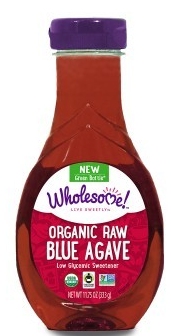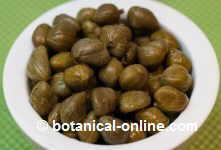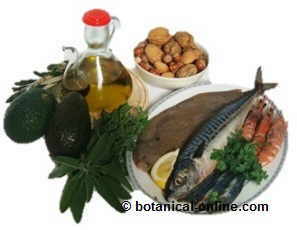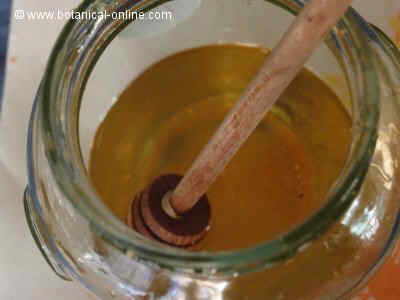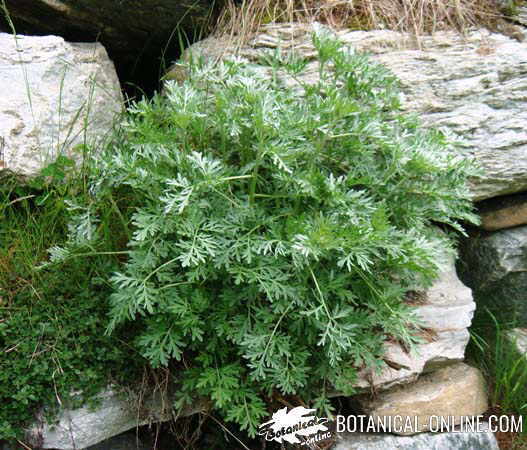Contents
Medicinal properties of pepper
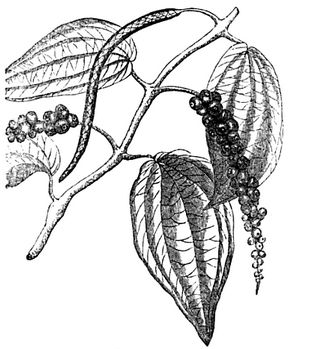
Pepper for cholesterol
Scientific studies have shown that taking pepper regularly in the diet results in an important decrease in cholesterol. These effects are due to piperine, an alkaloid present in the pepper which appears to act on cholesterol levels.
Numerous antioxidant compounds, present in the grain, as well as aromatic substances as flavonoids; also contribute to the same effect.
Pepper plant also contains phytosterols, which naturally decreases the absorption of dietary cholesterol.
Due to its fluidizing properties for the blood, black pepper is used to treat arteriosclerosis and to prevent blood clotting
Powerful antioxidant with anticancer properties
Due to its richness in vitamin C, beta carotene and vegetable aromas as terpenoids, black pepper is a spice highly antioxidant that prevents oxidation and helps cells function properly.
Furthermore, a study found that black pepper inhibits cancer cell proliferation, because it has anti-inflammatory effect and the above antioxidant properties.
The anticancer effect is mainly achieved by means of black pepper extract, in doses of 200mg/ml. This extract inhibits COX enzymes in a 31-80% and the proliferation of cancer cells in a 3.5 to 86.8%.
In short, black pepper can be considered a natural anti-aging accessible to all palates.
Slimming qualities of pepper
Black pepper has also proved a stimulating effect on the thyroid gland, which indicates its ability of metabolic stimulant. * More information about pepper recipes in the listing below.
Rubefacient properties of pepper
Pepper is a rubefacient when applied externally, that’s to say, it causes redness of the skin. For this quality, it is useful in rheumatic affectations that respond well to heat.
- A pepper poultice can be used as an expectorant in cases of bronchitis or pneumonia.
- Pepper gargles with a decoction of pepper seeds have been recommended in cases of paralysis of the tongue and uvula.
Traditional Chinese. Medicine and pepper
In Traditional Chinese Medicine, pepper has been used for its pungent flavor that warms the body. It has also been attributed with bactericide and diaphoretic properties (that stimulate sweating).
Its pungent qualities are considered very important for weight loss diet, because it is believed that it stimulates metabolism and activates the energy flow in the body.
It heats the abdomen and it is particularly used in the natural treatment of colds and flu for its antibacterial qualities, because it stimulates sweating (diaphoresis) and because it is a spice that benefits the lungs.
It has also been used to treat digestive disorders related to cold in the abdomen and food poisoning.
Aromatherapy with pepper
Although many readers are already familiar with the pungent odor of this fruit, the truth is that few plants have a fragrance as intense and spicy as pepper.
Pepper applications in aromatherapy are very valuable. Its essential oil is a natural relaxant, its fragrance invigorates the mind and strengthens the heart.
One must take into account that, although small doses can be applied as bactericidal, black pepper oil is irritating to the skin.
Black pepper to treat Vitiligo?
Studies at King’s College in London conducted on mice have proved very promising in stimulating pigmentation in people affected by vitiligo.
Antiseptic properties of pepper
Pepper is widely studied for its antibacterial qualities, applied both as a medicine and for agricultural techniques:
- Pepper is used in the natural treatment of taeniasis.
- Scientific studies support the efficacy of Piper longum to combat Klebsiella pneumoniae, responsible for many infectious diseases.
* Related information: Benefits of pepper / Food properties of pepper
![]() More information about black pepper and other types of peppers.
More information about black pepper and other types of peppers.

